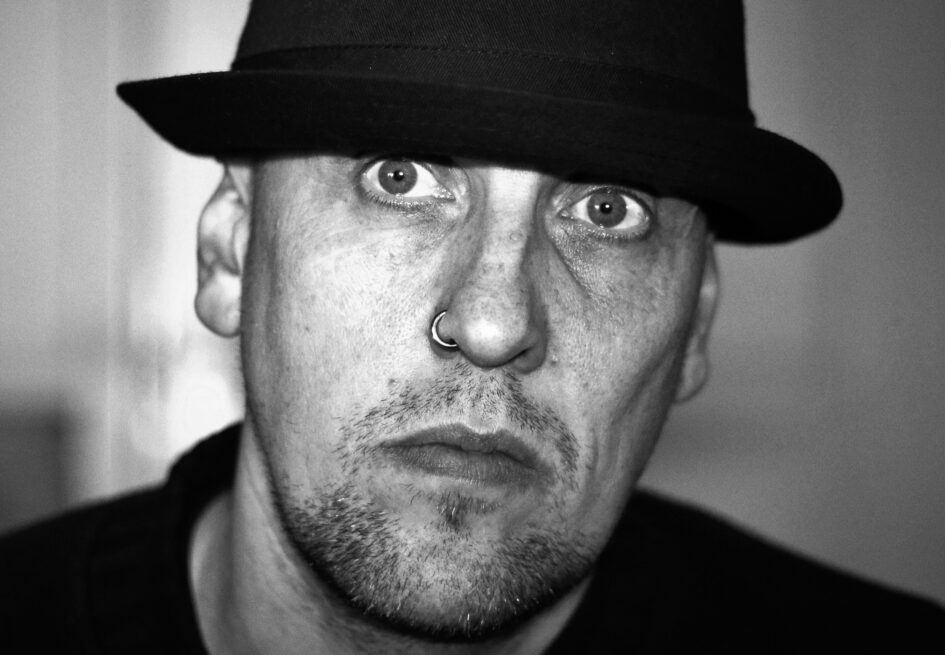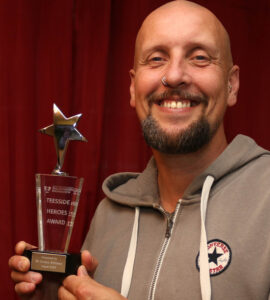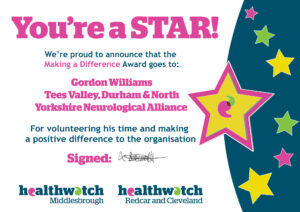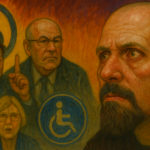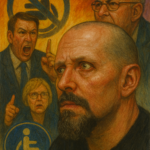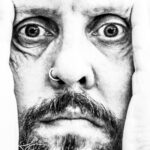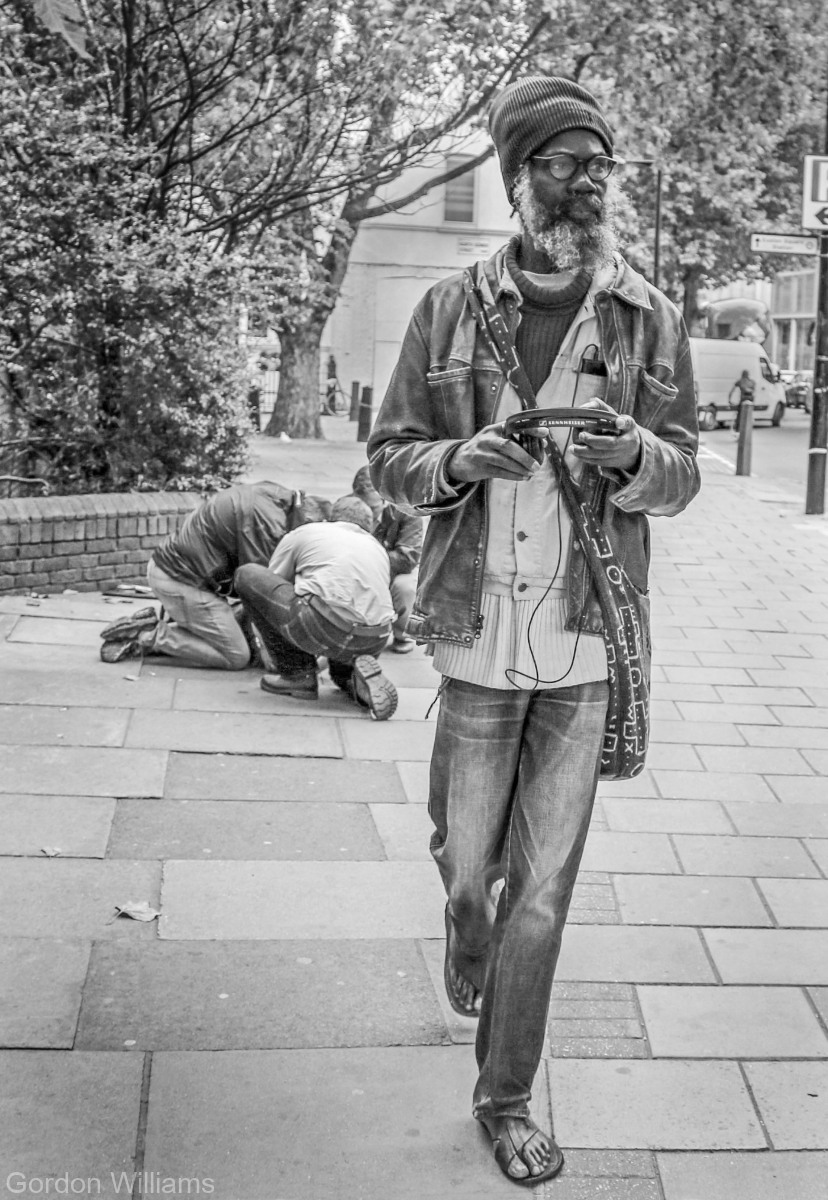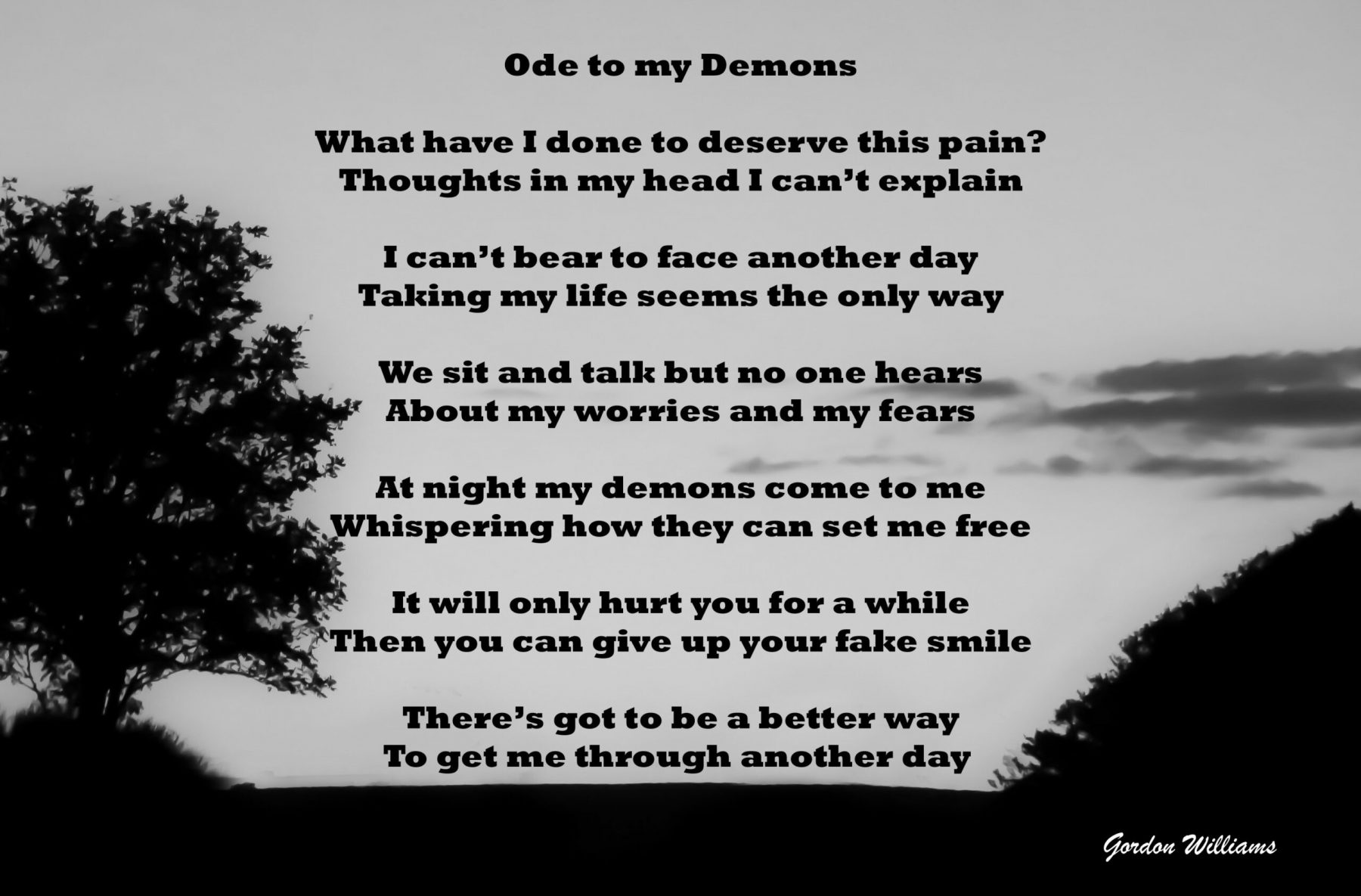Having so many things to mask and hide growing up and in early adulthood I never realised that I had PTSD until I met somebody much like myself, somebody who also had an abusive childhood, Tourette’s and ADHD.
It wasn’t until my mid 20’s that I realised I had Tourette Syndrome even then I continued to mask, suppress and hide it all the way into my 30’s when things fell apart and I got diagnosed, the ADHD diagnosis came along soon after, A few years later the high functioning autism completed the set and gave me answers to a few more questions.
There was still a piece of the puzzle missing and that piece was PTSD.
Realising I had PTSD answered many questions as to why my conditions were so different from other people and where the strong feelings came from.
As my PTSD came from early childhood it not only shaped my personality it also shaped the way my conditions manifested making them different from the typical diagnosis.
It causes me to suppress, mask and hide lot more than most people with the same conditions, this in turn causes stress and anxiety as well as people believing I am faking my conditions partly because they are different and partly because I am hiding, masking and suppressing them.
So, what do PTSD look like for me?
A smell, song, noise, or something visual such as a badge can transform me back to a time when I felt vulnerable, afraid and anxious.
I don’t get many flashbacks in the visual sense they are more feelings that can stop me in my tracks. They can bring on feelings of melancholy, depression, anxiety and dread I feel vulnerable and the stress that it brings can lead to chest pains that radiate down my arms and severely effect my breathing.
The effects brought on by these triggers can last anything from minutes to days depending on the trigger, how busy I am and which of my other conditions is prominent at that time.
I used to have an overwhelming need for justice which led to anger and revenge plotting, fortunately I have worked on this issue and I rarely get angry and have not plotted revenge for many years.
I don’t look at my childhood photographs very often as I don’t see myself, instead I see a child that I feel sorry for because I know what he endured.
Just like I did with my other conditions I studied PTSD to the best of my ability to gain some understanding and sense of myself and the world around me.
I know the triggers will always be there and the feelings will always come, the one thing that has changed is my understanding of the condition and how I deal with it when it comes.
The biggest step I have taken was to engage with the Truth Project, I was able to speak openly and honestly about every aspect of my traumatic childhood.
This did not cure my PTSD, but it felt like a massive step forward sharing aspects of my childhood I have never spoken about before.
https://neurologically-challenged.co.uk/
